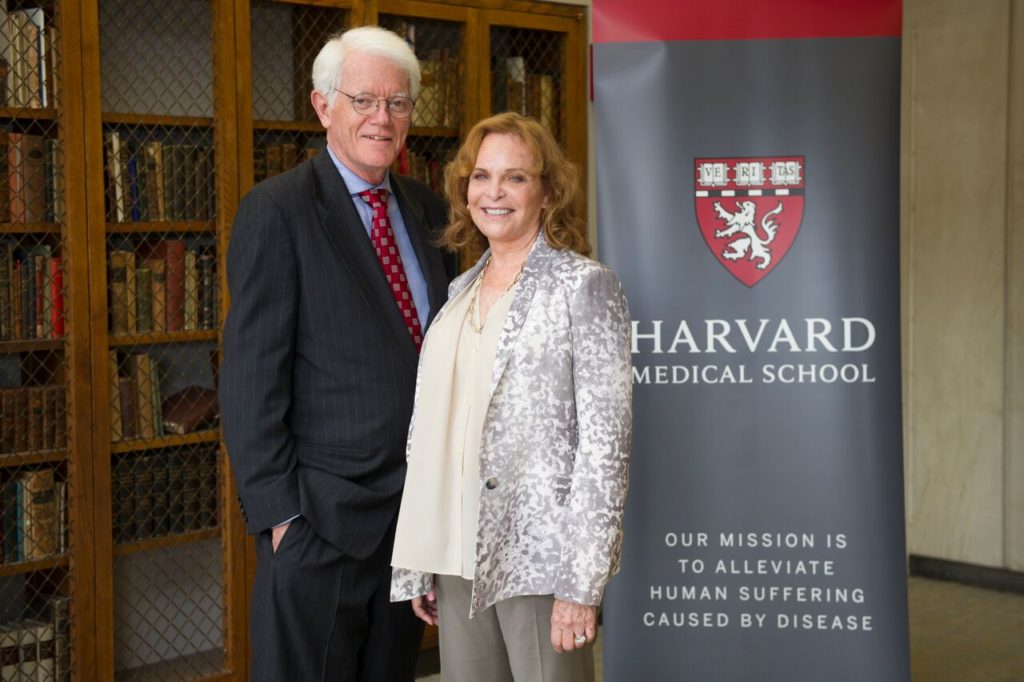
The Department of Systems Biology at Harvard Medical School was created in 2003, the first new department at Harvard Medical School in over 20 years.
The new department was charged with developing a program that supported innovative & interdepartmental collaboration. This program combines computer science, applied mathematics, physics, engineering, and biology.
Their mission? Create new and innovative approaches, protocols, and discoveries that have the potential to unlock complex diseases, including:
- Cancer
- Neurodegenerative disease
- Heart disease
- Stroke
- Psychiatric disease
The foundation of the entire new department was to establish systems biology which will lead to dramatic progress toward treating and curing the world’s most devastating conditions.
Partnering with The Lynch Foundation
In 2003, The Lynch Foundation provided a substantial start-up grant that supported the recruitment of key faculty and the establishment of the department. However, the support from The Lynch Foundation began several years before and goes beyond monetary resources.
Peter Lynch began serving on the Advisory Council for Cell Biology in 1997 which evolved and expanded its purview as the Systems Biology Advisory Council in 2003. Upon this change, Dr. Ralph Sweetland and Carolyn Lynch joined as founding advisory members to provide support, advice, and experience. For the past two decades there has been support from multiple Lynch Trustees. In fact, Peter and Ralph continue to be active members today.
In 2008, we launched the Lynch Fellows Program to provide annual support for two Ph. D. students accepted into the program. We wanted to ensure that all scholars had access to this program no matter their socioeconomic status.
Over 120 of the program’s alumni lead their own laboratories in institutions across the world.
Using the knowledge and skills gained in this new department, alumni of the program are able to spread their experience and expertise to students and peers around the world.
These incredible scientists are now working to solve our most medically challenging issues to benefit the worldwide community.
Visit the Department of Systems Biology site for more information